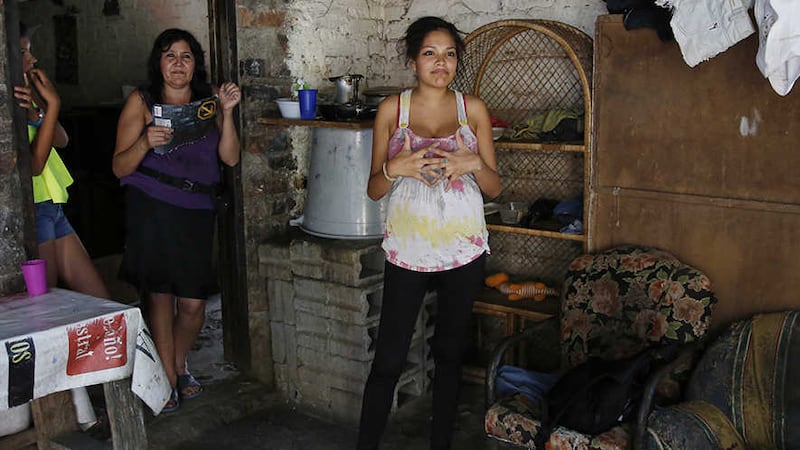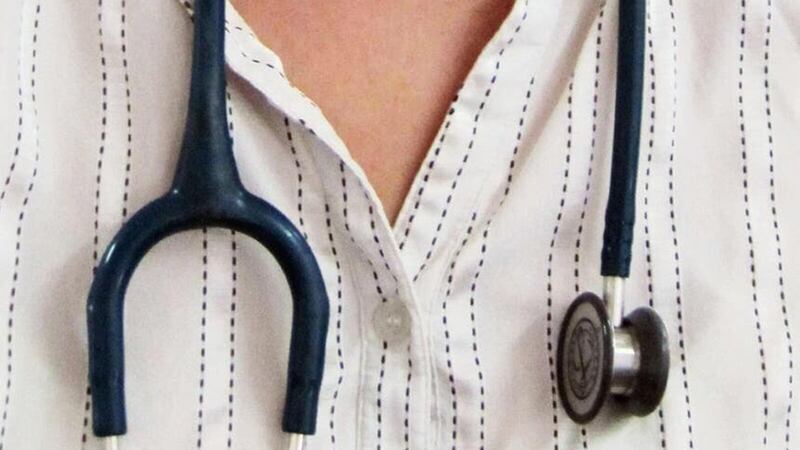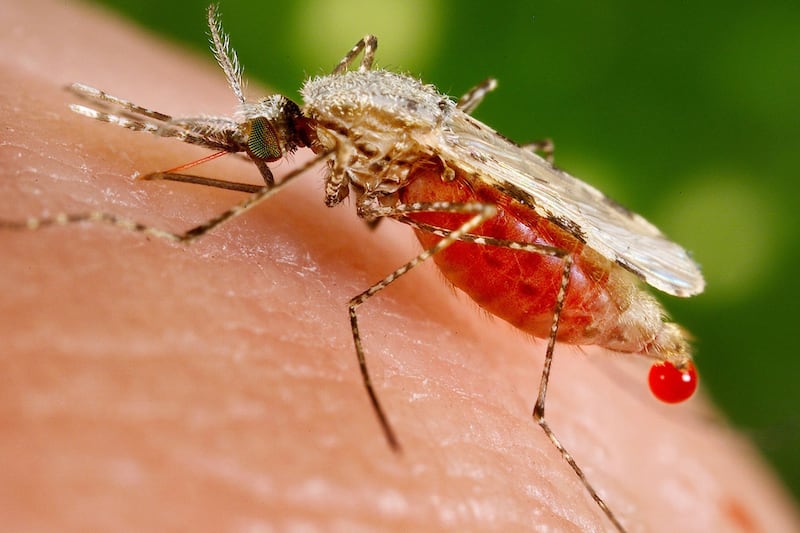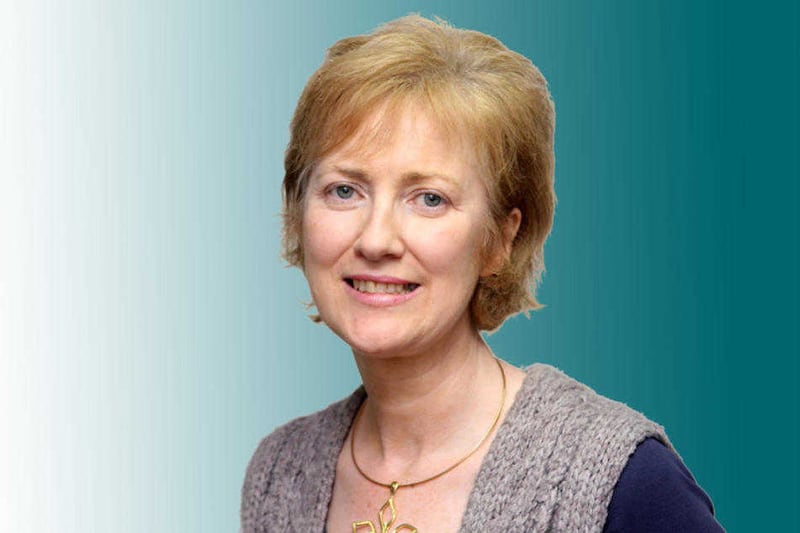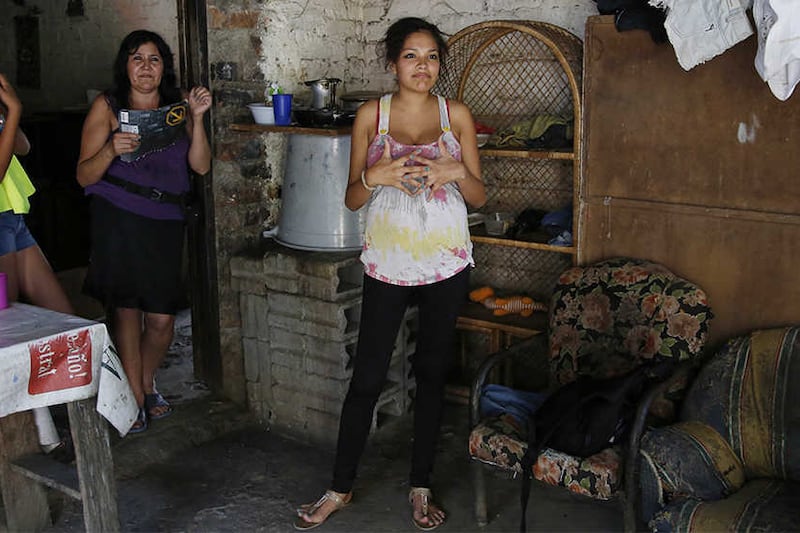THE World Health Organisation (WHO) could be set to declare Zika a global emergency following the "explosive" spread of the virus and has predicted between three to four million people will be infected in the Americas this year.
Most will not suffer from their symptoms.
The last time a global emergency was declared was for the Ebola outbreak, which is thought to have led to more than 11,000 deaths.
Dr Carissa Etienne, the regional director for the WHO Pan American Health Organisation, said the link between problems in babies and Zika had not yet been confirmed.
But she added: "We cannot tolerate the prospect of more babies being born with neurological and other malformations and more people facing the threat of paralysis."
Rio de Janeiro is the host city for the 2016 Olympic Games in August.
The WHO has set up an International Health Regulations Emergency Committee to examine Zika and will meet on Monday to decide whether it constitutes a global emergency on the scale of Ebola.
There are fears that the virus - which has spread to 23 countries - is being passed to humans via the common mosquito.
Zika has been linked to thousands of babies being born with underdeveloped brains in Brazil.
Women in Britain have been warned by Public Health England (PHE) to consider avoiding travel to areas where Zika is active.
In a briefing to the WHO's executive board, WHO director-general Margaret Chan said the organisation was "deeply concerned".
She said the virus was "spreading explosively" through the Americas and "the level of alarm is extremely high".
She added: "Arrival of the virus in some places has been associated with a steep increase in the birth of babies with abnormally small heads and in cases of Guillain-Barre syndrome.
"A causal relationship between Zika virus infection and birth malformations and neurological syndromes has not yet been established, but is strongly suspected.
"The possible links, only recently suspected, have rapidly changed the risk profile of Zika, from a mild threat to one of alarming proportions. The increased incidence of microcephaly is particularly alarming, as it places a heart-breaking burden on families and communities."
She said the WHO was concerned there could be potential for further international spread of the virus, and was worried about the lack of immunity to the virus in newly-affected areas.
At present, there are no vaccines, specific treatments or rapid diagnostic tests for it, she added.
Weather conditions associated with this year's El Nino are also expected to increase the mosquito population in many areas, she said.
On Wednesday, PHE and the National Travel Health Network and Centre (NaTHNaC) issued updated advice for pregnant women
Dr Dipti Patel, director at NaTHNaC, said: "All travellers, especially pregnant women going to an area with active Zika virus transmission should ensure they seek travel health advice from their GP or a travel clinic well in advance of their trip and consult the NaTHNaC website for up to date information on current outbreaks and country information.
"We strongly advise all travellers to avoid mosquito bites and urge pregnant women to consider avoiding travel to areas reporting active Zika transmission.
"If travel to these areas is unavoidable, or they live in areas where Zika virus transmission is occurring, they should take scrupulous insect bite avoidance measures both during daytime and night-time hours."
Dr Hilary Kirkbride, travel and migrant health expert at PHE, said: "While we may expect to see small numbers of Zika virus infections in travellers returning to the UK, the risk to the wider population is negligible as the mosquito is not found in the UK and the virus cannot be caught from coming into contact with an infected person."
Since the start of the outbreak in 2015, five UK travellers have been diagnosed with the Zika virus.
